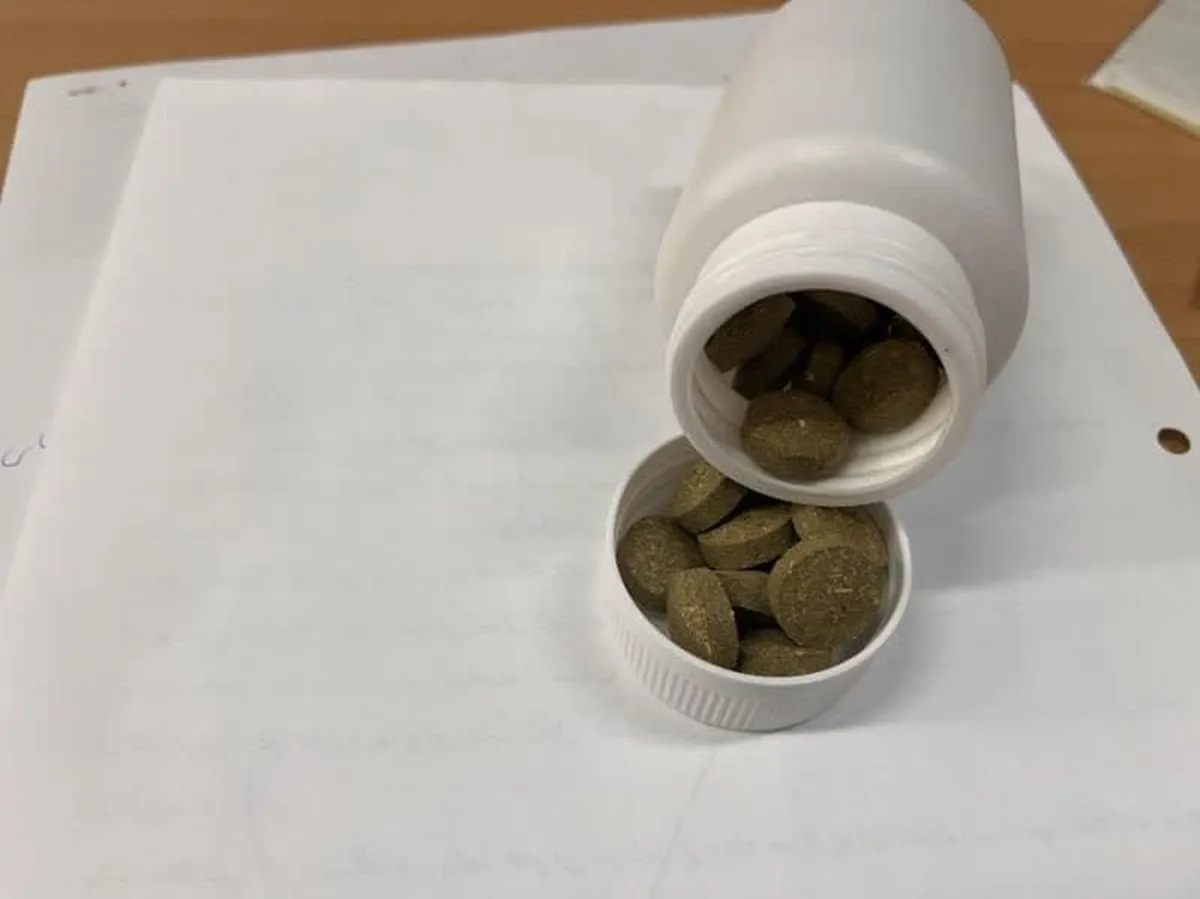Islamic Azad University Researchers Make 318 Products in Food Safety Field

“Regarding food safety, we have three plans in progress; one of these plans is the prohale plan on the extract and mix of various types of medicinal plants,” Mohammad Za’ifizadeh, the vice-president of Islamic Azad University’s Ardabil branch for research and technology affairs, told ANA.
“The next thing that we have worked on food safety and we are in the process of obtaining a license is the production of herbal tea tablets that are useful in controlling diabetes, prostate, etc.,” he added.
“We produce 300 types of products called prohale and nearly 6 products extracted from ultra-beneficial honey and 12 tea tablets have been produced,” Za’ifizadeh said.
In a relevant development in October, Islamic Azad University researchers had also managed to produce and sell quality control diagnostic kits for recombinant drugs based on the international standards.
“After two years of research, development and validation, this product has been successfully sold to reputable pharmaceutical companies in Iran, and the consumption rate of this test is 80,000 reactions per year,” said Hamidreza Samadikhah, a faculty member of Islamic Azad University’s Central Tehran branch and the head of the research institute of tissue engineering and regenerative medicine.
He noted that given the launch of production line of this product, the research and development process will be provided for different types of prokaryotic and eukaryotic hosts.
“The amount of host DNA contamination in recombinant protein drugs is detected with an accuracy of 10 picograms, which is based on the international standards,” Samadikhah said.
Recombinant pharmaceuticals are created by inserting genes from one species into a host species, often yeast or bacteria, where they do not naturally occur.
4155/v





















